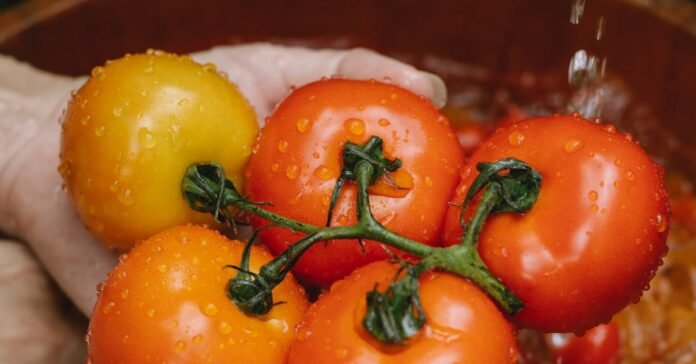A lot of people are saying that gardening is a subject that is very difficult to do, this is only true if you aren’t informed enough on the subject. To be as successful as you can possibly become you need to learn as much as you can about gardening, look at tips like the ones in this article to form strategies for success.
Make your own compost. If you create your own compost at home, you can be absolutely certain of what goes into it, unlike if you purchase bags of compost from a gardening store. In addition, composting in your yard will attract helpful native wildlife such as insects that will balance the ecosystem of your garden.
It is important to rotate your organic plants regularly when you are attempting to grow an indoor garden. Plants bend toward wherever a light source is. If you do not rotate your plants there is a good chance that they will all bend toward one side which will limit the amount of vegetables that grow on the plants.
Use a nicely finished compost pile as fertilizer for your garden. Organic means that you don’t use artificial fertilizers or herbicides to grow your plants, yet sometimes the soil isn’t necessarily full of the proper nutrients for growth. Utilizing a compost pile can provide you with a rich, dark earthy soil that can provide your plants with plenty of nutrients.
Regulate how often you revitalize your soil based on your planting season. During a very long season it might require you to fertilize the ground more than once. It’s important to give your plants the proper nutrients to grow, and remember that as plants grow the nutrients within the soil slowly diminish. Having the correct amount at the correct time will promote your harvest to grow to its maximal size.
Use compost to feed your crops. In organic gardening, compost is necessary for the survival of your plants. A home compost pile is a great, inexpensive source of compost. Many food scraps, grass, and dry leaves can be used in your compost. However, avoid cooked foods, ash, and animal waste in an organic compost pile.
Encourage toads to take up residence in your organic garden. Toads are a natural predator of many of the pesky bugs that will eat and destroy your crops. Create makeshift toad houses out of overturned broken clay pots and keep soil nice and moist to make it conducive to amphibian life.
When beginning your own organic garden, you should always make sure you moisten your mix that is in the containers before you sow the seeds. If your mix is not moist, it will dry out. This could cause your plant to die before it is given a chance to grow.
When maintaining an organic garden, be sure to always wind up your hoses. Dragging and storing a hose that is not wound up can take a lot of time away from you. Try using stationary or portable hose reels to wind up your hoses and to save you some time.
If your garden shed is far from your garden, try to carry your frequently used tools with you. This will save you time by helping you avoid making many trips to your shed to get tools. If you will need more tools than you can carry, you could consider using a wagon or a bucket to hold all of your tools.
When developing your compost pile, use equal measures of dried and green material. Green plant material can include old flowers, fruit waste, grass clippings, vegetable waste, and leaves. For the dry end of the spectrum, think of things like paper and cardboard, sawdust, hay, etc. Charcoal, meat, ashes or other diseased plants should not be included in a compost pile.
The best way to weed your organic garden is the old-fashioned way, pulling the weeds out by hand. Even though organic herbicides sold at the store are tempting, they aren’t nearly as effective as getting on your hands and knees and pulling the weeds out by hand. It’s also very invigorating to do it yourself. It gives you a sense of accomplishment.
Regulate the amount and timing of watering, to the specific climate and its seasonal variations. The amount of water you need depends on when you are doing the watering, whether your water is high-quality and the grade of the soil in your garden. In some cases, you can’t water because of climate issues. You can’t water the leave of your plants during humid, warm weather–it’ll promote the growth of leaf fungus. Instead, water the root system well.
With the information you have just learned you want to form some new strategies for success in your organic gardening endeavors. Remember that these strategies are good to make and think about but you have to actually apply them in order to make any kind of progress, when you do that success should follow.


